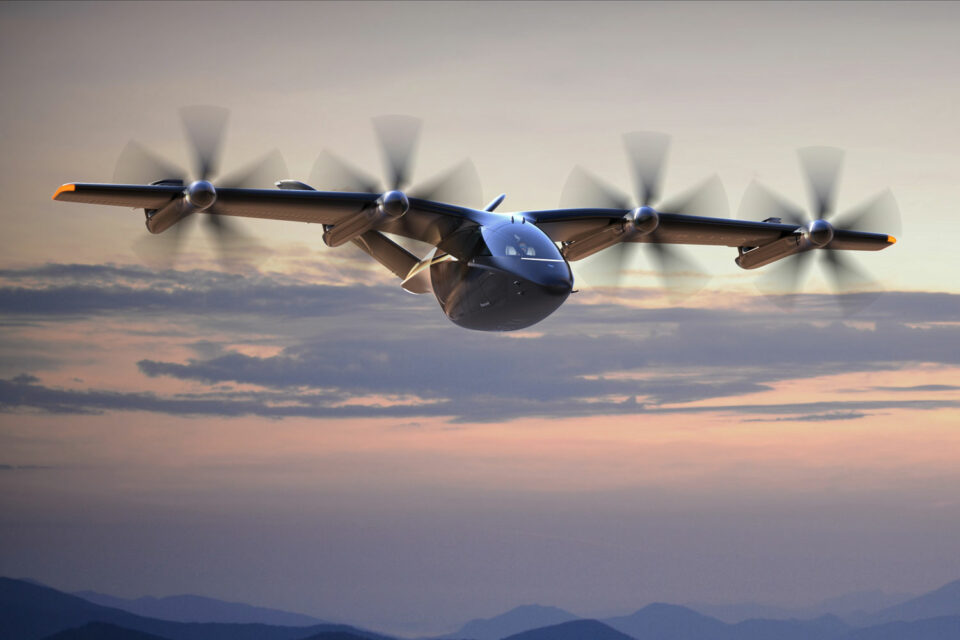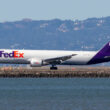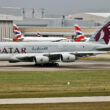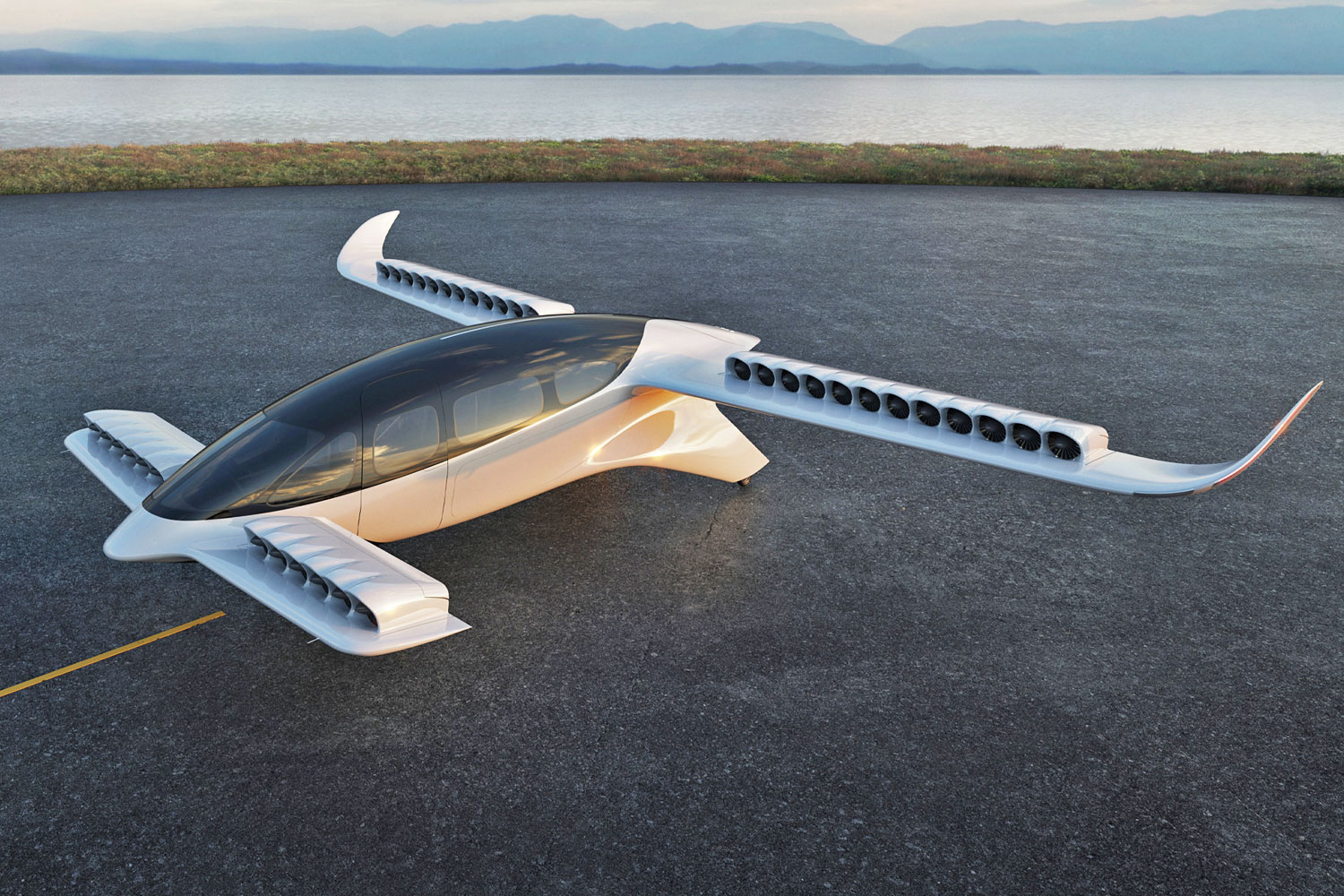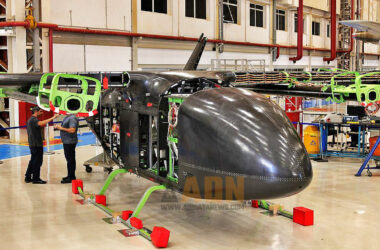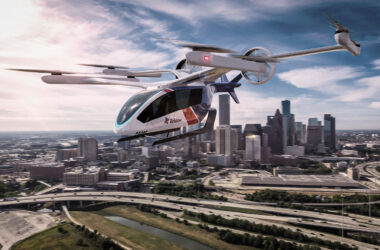Electric vertical take-off and landing (eVTOL) aircraft, the VX4 designed by British company Vertical Aerospace has completed its first controlled take-off, the company said on Monday.
Although the VX4 took off, the test was not yet a full flight. The eVTOL took off from inside a hangar secured to the ground and hovered for a few minutes at 5 feet (1.5 meters) above the ground.
“This test represented the culmination of many months preparation by a huge team and being at the controls of the VX4 for the first time was an honor and a proud moment for us all,” said Justin Paines, Chief Test Pilot, Vertical Aerospace .
The test was conducted once Vertical Aerospace received regulatory approval in the form of a “Permit to Fly” granted by the UK Civil Aviation Authority (CAA). The next steps in the aircraft’s development include low-speed flight and testing the transition from vertical to horizontal flight.
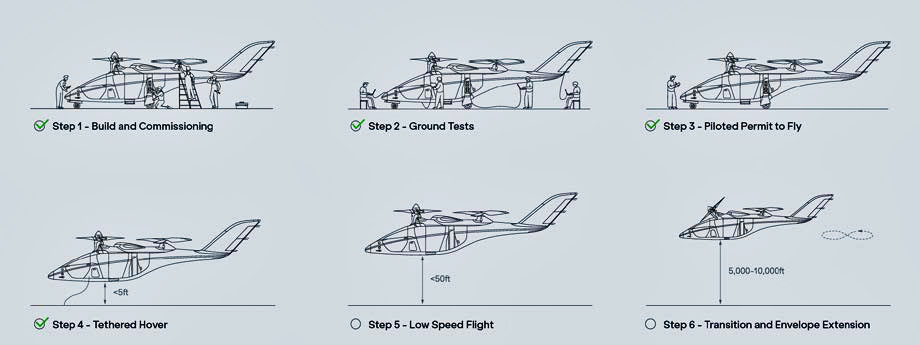
Powered by eight electric motors mounted on rotating fairings, the VX4 is designed to carry a pilot and four passengers. According to the manufacturer, the urban air mobility vehicle will have a range of up to 160 km flying at a cruising speed of 240 km/h (and a maximum of 320 km/h).
Stephen Fitzpatrick, founder and CEO of Vertical, said: “This moment represents a small step for Vertical Aerospace, but it’s a giant leap forward for British aviation. For more than 100 years the UK has been a global leader in aviation and today, in the 21st century, Britain is leading the world in the development of zero carbon aircraft.”
Vertical’s testing program is also supported by the Aerospace Technology Institute, a UK government industry program designed to promote new technologies in air transport.
Among the many eVTOL projects underway around the world, the VX4 is one of the most anticipated models on the market. Vertical Aerospace received more than 1,400 pre-orders for the device from airlines, operators, rental companies and tour groups.
Among the main customers are Virgin Atlantic, American Airlines, Japan Airlines, Air Asia and Gol Linhas Aéreas. The British start-up aims to achieve certification in 2025.
